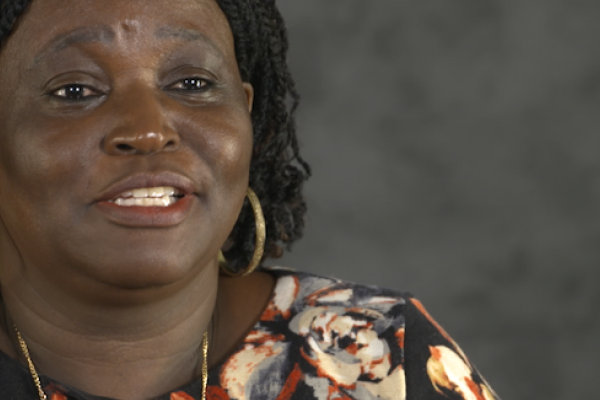Coordinator of the Open Forum for Biotechnology (OFAB) in Nigeria and an Assistant Director at the National Biotechnology Development Agency (NABDA), Dr Rose Gidado, has faulted claims by the duo of The Africa Faith and Justice Network (AFJN) and Health of Mother Earth Foundation (HOMEF) that Nigeria is at a crossroad in the struggle for sustainable agriculture, safe food, biosafety and biosecurity.

The duo’s position, expressed recently at a meeting, was based on the fact that the country was introducing genetic modification into the food chain process and therefore contaminating the country’s natural agriculture process.
But, reacting to the issue, Gidado stated that it was important to note that, to achieve developmental strides in economic diversification, food security, improved health systems, cleaner energy, job creation, wealth generation and poverty reduction, Nigeria must be determined to deploy every safe technology and invest purposefully in the training of manpower for the deployment of such technologies.
While commending the efforts of the organisers, Gidado noted that the onus lies on them to ensure that the citizenry get correct information.
“The integrity of a conference at which official and sponsored speakers made comments seeking to disparage the national programme on immunisation which has been scientifically proven to reduce the incidence of polio in Nigeria as a disguise to give Nigerian children oral wild virus to kill them and reduce the population of Nigeria is worrisome,” she said.
She described comments made that genetic engineering consists of indiscriminate and blind shooting of genes into plants and that it involves taking genes from a fish and inserting same indiscriminately into tomatoes as quite unfortunate.
Equally alarming, according to her, is the surreptitious attempt of the meeting to mix applied science with religion, the attempt to intimidate and sow fear in people by hiding under the veil of religion as demonstrated at the meeting in question, and the refusal to provide balanced information to a carefully chosen, mostly scientifically under-informed population.
She noted that because modern biotechnology was still considered as a new technology and the advancement in these areas have been so rapid, it has been the object of some doubts, fears, concerns as well as intense and divisive debate. These all bother on the potential risks to human health, the environment and society, and so are understandable.
Dr Gidado argued that even as the debates rage, mostly in technologically developing nations, agricultural products of modern biotechnology have been consumed without deleterious effects for 25 years, even as she underlined the need to understand that perceptions of the impacts of any technology were more complex than simple perception of benefits or risk.
She said: “As for any new or emerging technology, we must develop the capacity to balance benefits and risk of alternative technologies, while respecting human autonomy, justice and the environment.”
